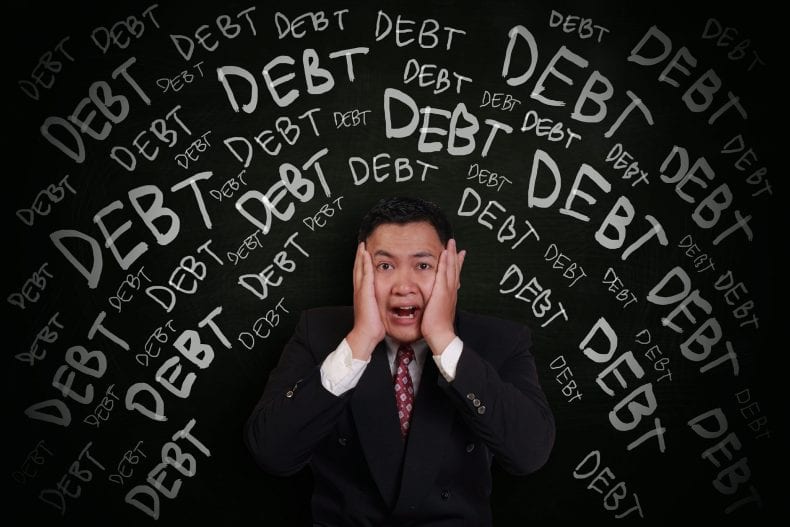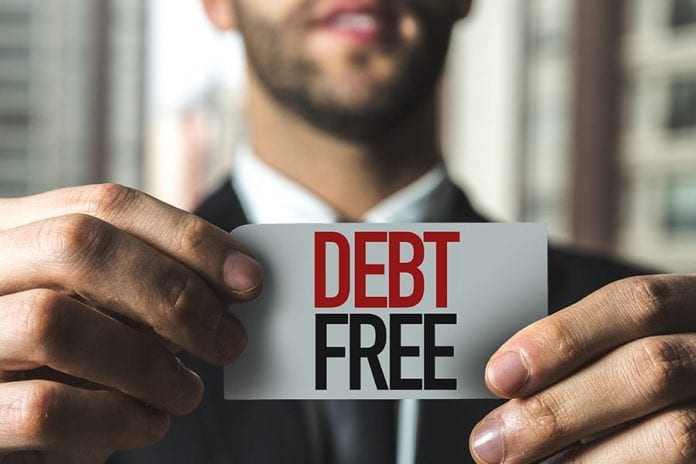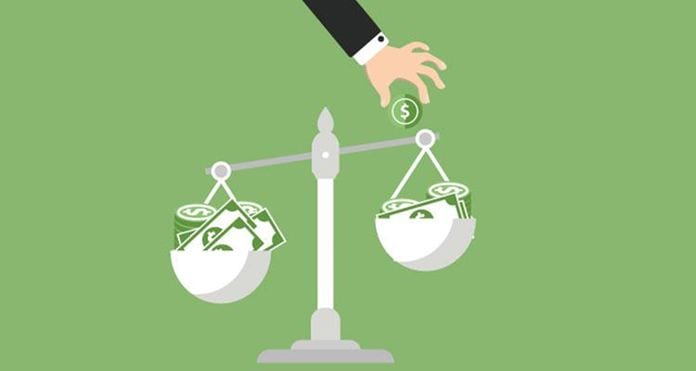If you find yourself regularly stressed about financial matters and struggling to see how you’re going to make all of your payments, know that you’re not alone. Recent numbers show that the number of Canadians who are $200 or less away from financial insolvency is climbing as interest rates rise.
It’s hard to know what to do if you are in financial trouble especially since emotions are high, your creditors are likely contacting you, and you might be experiencing wage garnishment. You don’t have to be overwhelmed by debt forever. It’s possible to get the help you need by consulting with a Licensed Insolvency Trustee (formerly known as a bankruptcy trustee) at a firm like David Sklar and Associates.
Don’t Hesitate to Get Help
Bankruptcy trustees have extensive knowledge of the Bankruptcy and Insolvency Act in Canada and know what method of debt relief is best for your situation as an insolvent individual or business. If you’re struggling with paying your debts, owe more money than you earn, and it’s beginning to feel like your financial obligations are overwhelming, then a bankruptcy trustee can offer the empathetic support you need.
Perhaps you’ve been considering bankruptcy, but you’re not sure if it’s the right thing to do. Bankruptcy trustees can guide you through bankruptcy but they might also suggest an alternative route: filing a consumer proposal.
Consumer proposals in Ontario are essentially a negotiated arrangement between a debtor and their creditors in which the debtor, who is unable to repay their debt in full but has a stable income, offers to pay back a fixed portion of their debt in regular instalments over time. For some who cannot file for bankruptcy, this is often the best solution.

Life After Debt Relief
You have to complete certain duties of bankruptcy to get discharged or make the payments on your consumer proposal. But what happens after the debt relief process?
For many individuals, the process of bankruptcy trustee-mediated debt relief means major lifestyle changes like budgeting, using cash, monitoring your spending, and more. No one wants to make the same mistake twice, so the period of time after debt relief is important for establishing yourself, a new credit score, and moving forward.
Credit Cards

It’s possible that your education on credit cards was lacking and that’s what contributed to your financial trouble. After filing for bankruptcy or putting forth a consumer proposal with the help of a bankruptcy trustee, you are probably hesitant to start collecting debt again with a new credit card. But without healthy and responsible credit card use, you will have a hard time building your credit score up again.
Don’t Go Forward Without a Plan
It’s up to you to come up with the financial goals you want to reach in your short- and long-term future. Don’t go blindly into the future now that you’ve got this new lease on life. Establish a system for your spending and saving to take the best first steps on your way to financial freedom.










